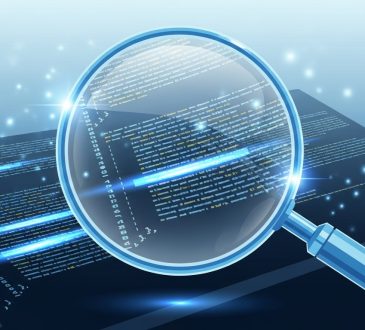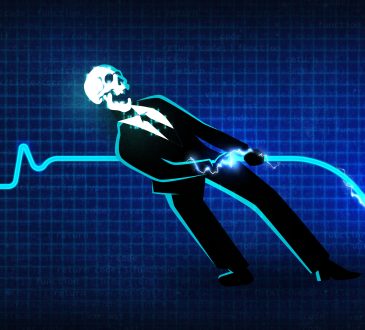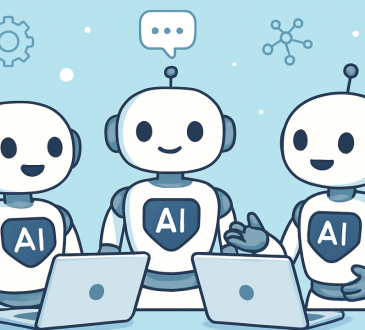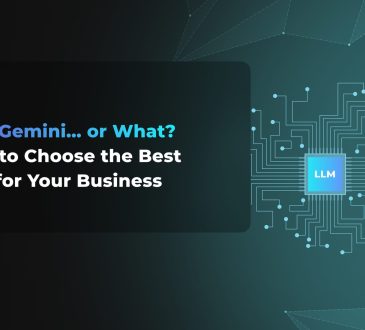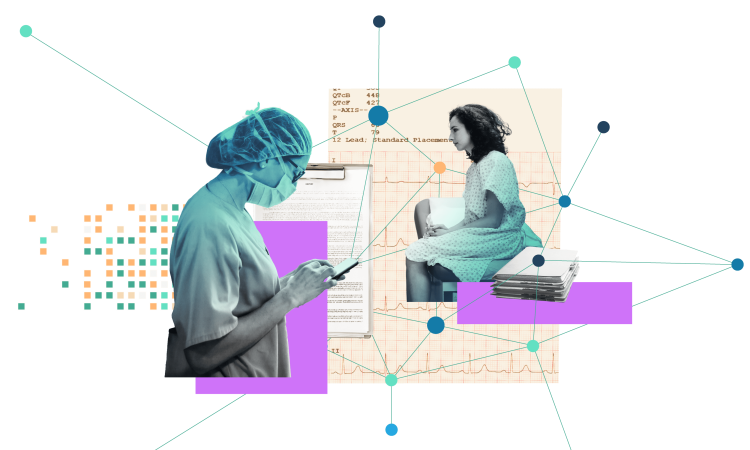
Artificial Intelligence (AI) is no longer just reshaping technology — it’s redefining what’s possible for humanity. The year 2025 has become a landmark moment for AI innovation. From groundbreaking progress in generative models and robotics to ethical policymaking and creative collaboration, experts worldwide are sharing insights on how these breakthroughs will transform industries and everyday life.
This article dives into expert opinions on the most remarkable AI breakthroughs of 2025, exploring their real-world impacts and what they mean for our shared future with intelligent machines.
Generative AI Reaches a New Milestone
Generative AI has taken creativity to an entirely new level in 2025. Researchers and professionals are calling it the “creative revolution” of our time. Unlike earlier AI tools that could only handle text or images, modern generative systems are multimodal — they can process and generate text, images, sound, and even touch-based experiences all at once.
Dr. Laura Chen, an AI researcher at the Massachusetts Institute of Technology (MIT), explains:
“We’re witnessing the convergence of multiple modalities in AI. Machines are now capable of understanding and creating across sensory inputs, much like humans do.”
These systems are already being used to create full cinematic scenes, compose original music, and even help scientists design new materials and medicines. Dr. Chen calls this evolution a “bridge between creativity and discovery” — a leap that’s transforming both art and science at record speed.
AI in Healthcare: Precision, Prediction, and Personalization
In the healthcare world, AI is making medicine more personal and predictive than ever before. The standout breakthroughs of 2025 center on precision medicine and predictive analytics, helping doctors anticipate diseases before symptoms even appear.
Dr. Ravi Kumar, Chief Data Scientist at a major medical institute, explains:
“AI isn’t just diagnosing illnesses anymore — it’s predicting them. We can now detect early signs of diseases like Alzheimer’s or heart conditions years in advance.”
AI-powered diagnostic systems are also transforming hospital workflows by scanning medical images faster and more accurately than humans alone. These tools are improving outcomes, reducing human error, and saving billions in global healthcare costs.
Still, experts urge caution. Dr. Kumar adds,
“We need transparency and fairness in AI healthcare models. The technology’s success depends entirely on the quality and diversity of the data it learns from.”
Ethical AI and Global Policy Frameworks
With AI evolving rapidly, experts agree that ethical frameworks and global policies must evolve just as fast. Governments worldwide are now collaborating to set universal standards for AI transparency, accountability, and safety.
According to Professor Amelia Rodriguez from the European Institute for AI Governance:
“AI is advancing faster than policy. 2025 is the year we’ve started catching up — realizing that ethical oversight is as vital as innovation itself.”
This year saw the introduction of the Global AI Ethics Charter, a policy initiative emphasizing fairness, privacy, and human oversight. Rodriguez highlights a key takeaway:
“The true breakthrough isn’t only in technology — it’s in humanity’s growing awareness of how we use it.”
AI in Business and Industry: The Rise of Intelligent Automation
Across industries, AI is no longer just about automation — it’s about intelligent collaboration. Rather than replacing humans, new AI systems are being built to complement human expertise, streamline operations, and boost creativity.
James Patel, Chief Technology Officer at a global consulting firm, explains:
“We’re moving from traditional automation to cognitive collaboration — where AI can learn, adapt, and work alongside people to solve complex problems.”
From manufacturing robots that detect defects and self-correct in real time to AI-driven financial analysis tools predicting market trends, businesses are using AI as a strategic partner. Patel adds,
“The future belongs to companies that treat AI not as a tool but as a teammate driving innovation.”
AI and Creativity: Blurring the Line Between Human and Machine
The creative arts have entered a bold new era thanks to AI. Whether it’s generating digital art, writing stories, or composing symphonies, AI creativity is now mainstream — and it’s challenging our understanding of originality.
Dr. Helen Strauss, a cognitive scientist and AI artist, says:
“AI is transforming how we define creativity. Machines aren’t replacing imagination — they’re expanding it.”
Many artists now use AI as a collaborator, blending human intuition with machine precision. The result? A new kind of creative partnership where technology amplifies, rather than diminishes, human expression.
AI and the Workforce: A Human-Centric Future
The conversation about AI and jobs is shifting. Experts now see the future of work as one of reinvention, not replacement. AI is expected to handle repetitive tasks, freeing people to focus on innovation, empathy, and strategy.
Dr. Marcus Lee, an economist specializing in AI and labor markets, notes:
“Yes, AI will replace some roles — but it will create new ones, too. The challenge is preparing the workforce through upskilling and education.”
Governments and corporations are investing in AI literacy programs to help workers adapt. Experts believe this transition will lead to a more creative, flexible economy — one where human judgment remains irreplaceable.
Looking Ahead: The Future of AI in 2025 and Beyond
As experts worldwide emphasize, the impact of AI depends on how responsibly we guide it. The breakthroughs of 2025 prove that when aligned with human values, AI can enhance our world — from healthcare and business to art and education.
Dr. Chen captures it perfectly:
“The question isn’t whether AI will change the world — it already has. The real question is how we choose to shape that change.”
The coming years will see humans and machines working side by side — diagnosing illnesses, composing music, and even shaping global policies. The future of AI is not about algorithms replacing us, but about collaboration — a partnership between human wisdom and artificial intelligence.

